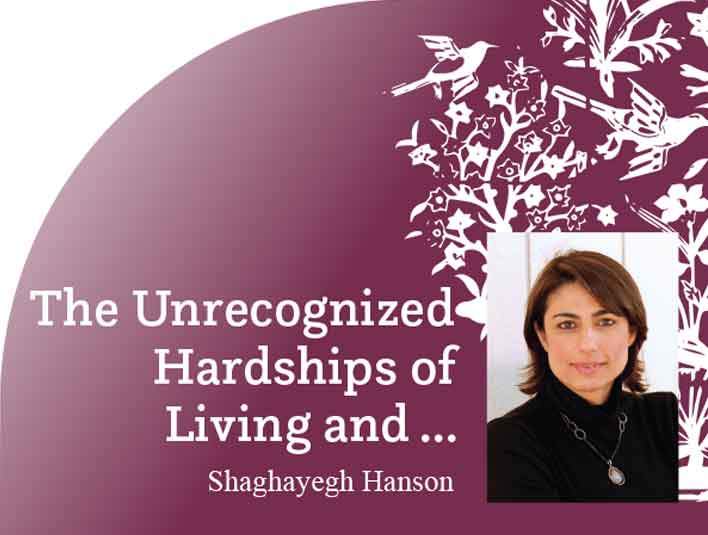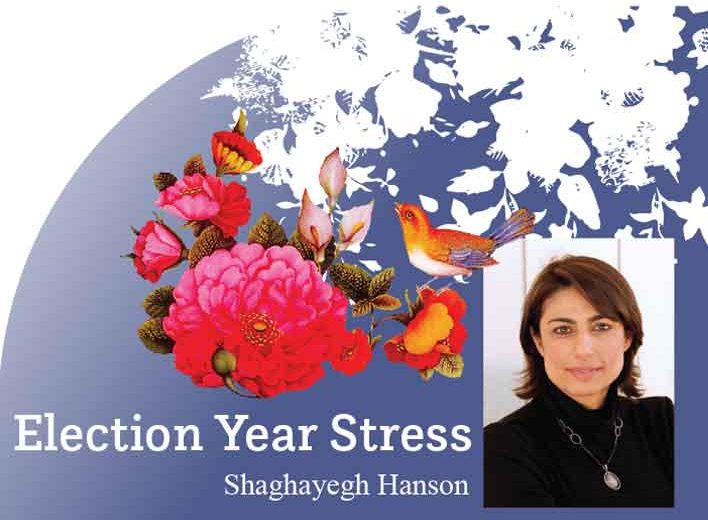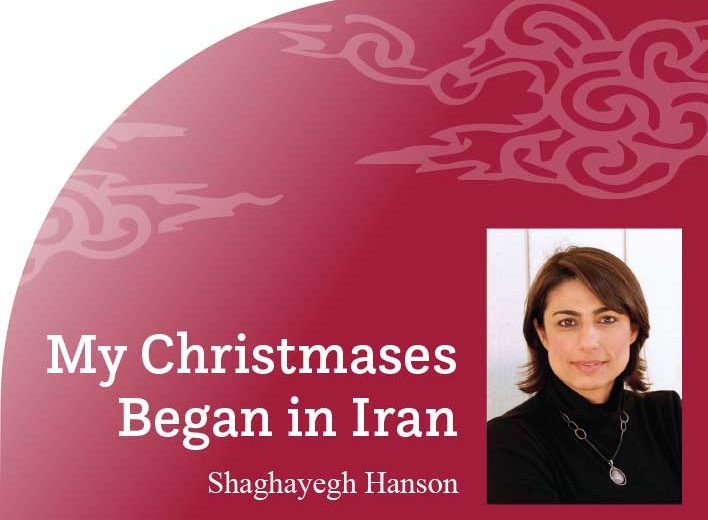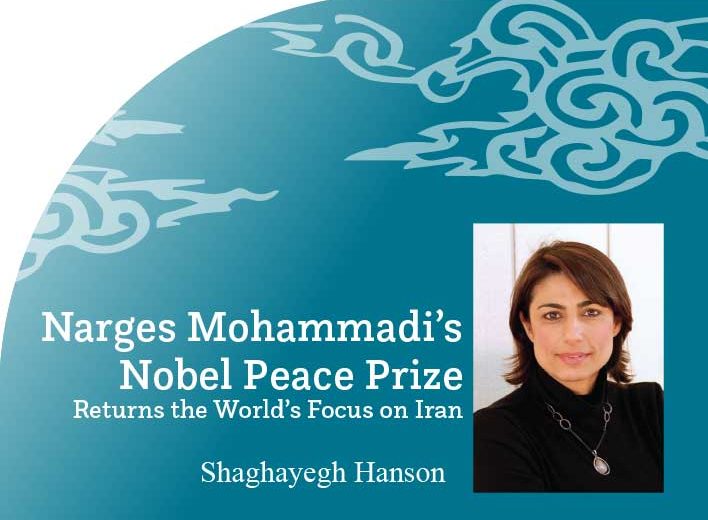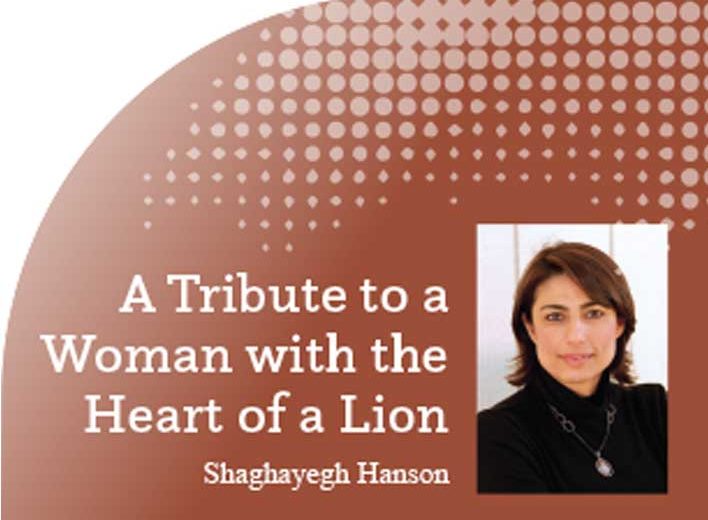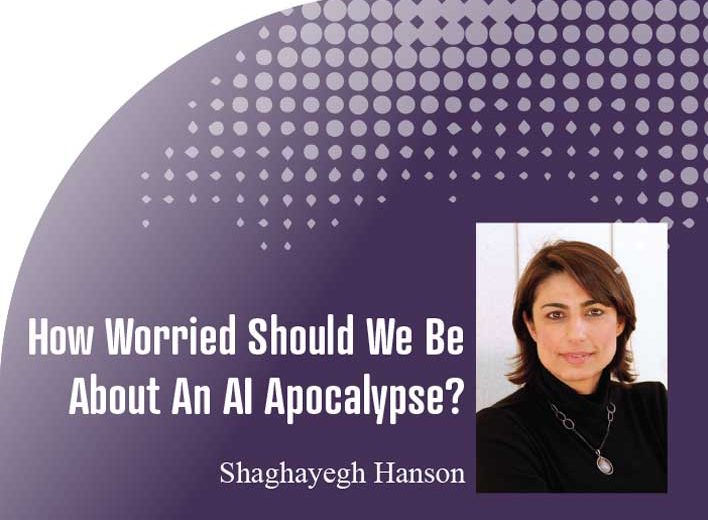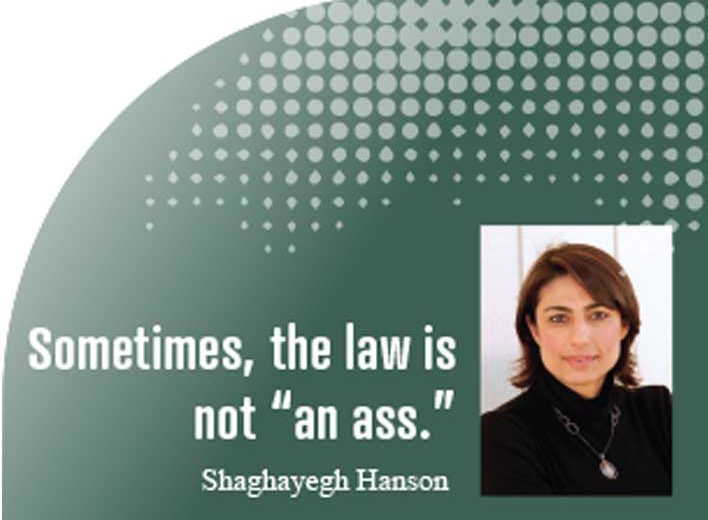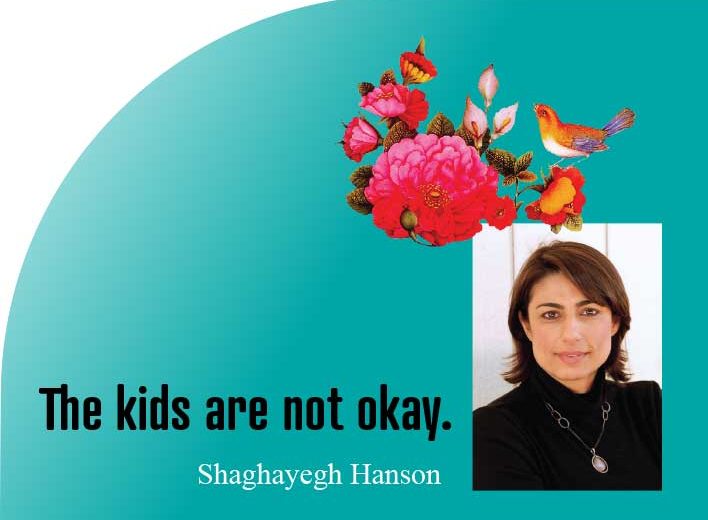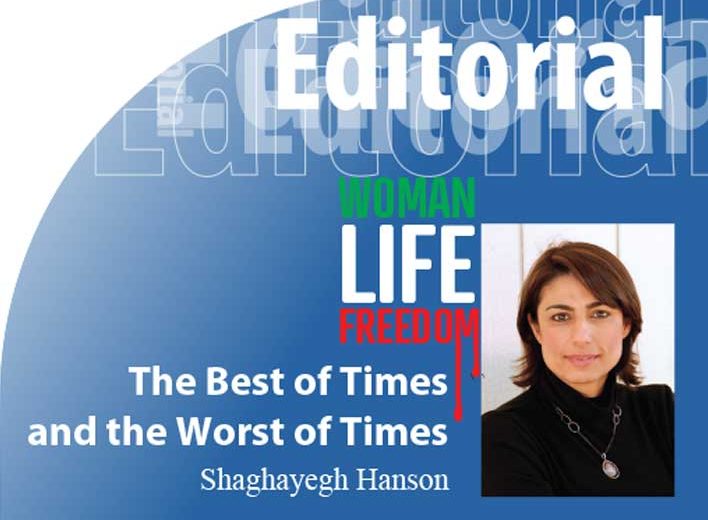The Unrecognized Hardships of Living and Dying Outside the Homeland
Shaghayegh Hanson
All the political hubbub over open borders and immigration policy tends to dehumanize the subject of immigration, making it susceptible to wildly inaccurate claims that it is a threat to the country’s stability. The truth is immigration is actually vital to our economy,[1] and is much more of a threat to the stability of immigrants who “face a host of socioeconomic challenges and stressors during and after migrating, [that] can profoundly affect their mental health and quality of life.”[2] Peyk began its serialization of personal immigrant stories, in part, to showcase such challenges and stressors, and to encourage a more informed and humanitarian approach to the immigration debate. Recent events in my immigrant family’s life induce me to add another story to the conversation.
My Daee (Uncle) Hassan is dying in Toronto, Canada, far from his beloved Iran. With his departure from this world, we will lose the patriarch of our family, and my American-born children, and I will lose yet another first-generation link and resource to our heritage. Daee Hassan was the most reluctant immigrant I know. Even after the Islamic Revolution, he wanted to stay and ride it through to better times. He did not want to leave his home, his culture, his friends, and his job. He was in love with his motherland; it was a committed, give-and-take relationship. But it would not do to stay. With some friends and family already executed and imprisoned, two sisters (my mother and aunt) living in the U.K. who could assist with visas, in-laws in Canada urging him and his wife to make the move there, and with his son getting close to an age where the Iran-Iraq war could claim him as a recruit (perhaps as young as 12), a plan was hatched—his wife and my cousins would come to London immediately, and he would follow a few months later after dealing with the technicalities of closing the Iran chapter of their lives.
When my uncle first arrived in London, we spent many evenings in the glow of happiness that radiated from being all reunited in one place again. The outside world might have been the big city, with double-decker buses, black cabs, the Tube, smog and fog, and rain and drizzle, but inside we were back in Iran, creating our own sunshine and warmth through laughter, food, music, dancing, and stories new and old. My uncle was the natural lead in that fiction we created. To me, his essence was so intertwined with Iranian culture that it seemed he had brought the entire country with him rather than left it behind.
Over the years, my uncle found it difficult to adapt, and bit by bit, the light went out of his eyes, while more and more he ached for home. Now and again, we would see flashes of that old exuberant storyteller with the twinkle in his eye, ready to jump up and dance, or sing a folkloric ballad spontaneously, or recite an ancient poet with all the poise of a Shakespearian actor, but they became few and far between. Although the official diagnosis is cancer, I believe he has been suffering from a broken heart for a long time. That is the true face of immigration; an internal and external struggle to survive an unfamiliar, and sometimes hostile, new land, never knowing if you’ll ever feel whole again. Some make it, others are broken by it.
1-https://www.jec.senate.gov/public/_cache/files/6750b0f0-c851-4fee-9619 295582fd44e8/immigrants-are-vital-to-the-us-economy-final.pdf
2- https://www.sciencedirect.com/science/article/pii/S2590332222003773

